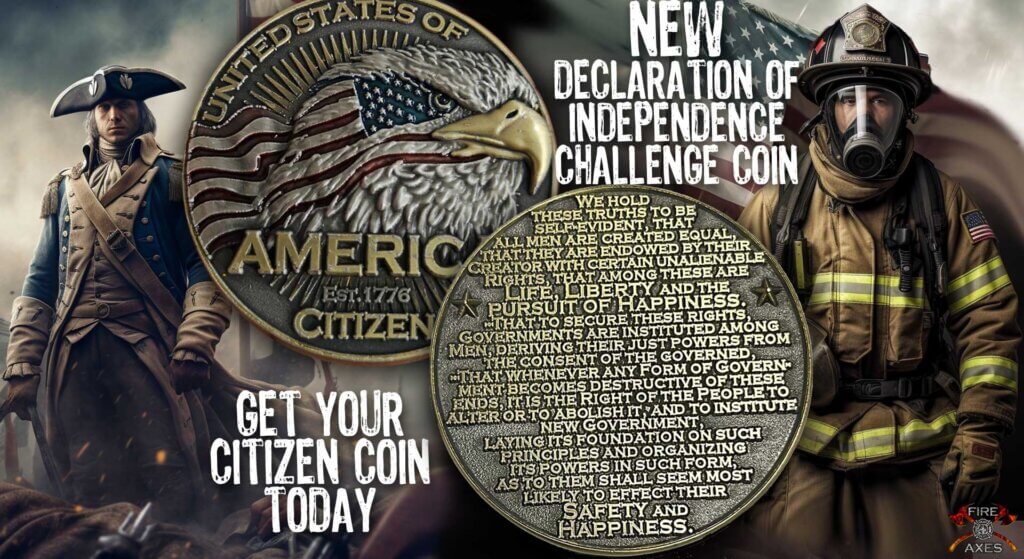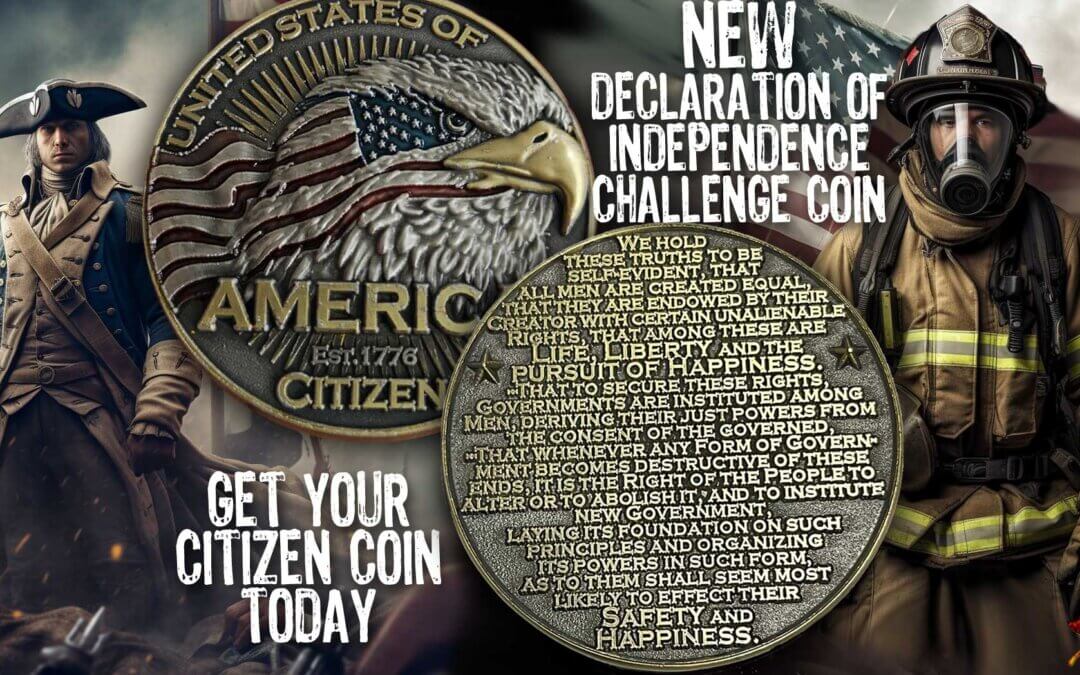America’s 4th of July, commonly known as Independence Day, is a cherished national holiday that holds profound significance for the United States. It serves as a commemoration of the country’s declaration of independence from British rule, marking the birth of a new nation founded on principles of freedom, equality, and self-governance. In this comprehensive blog post, we will explore the profound significance, captivating history, intriguing facts, notable dates, important figures, and the deep meaning that the 4th of July holds for Americans across the nation.
The Significance of Independence Day:
Independence Day stands as a testament to the unwavering spirit of the American people and their pursuit of freedom and self-determination. It symbolizes the momentous occasion when the Continental Congress adopted the Declaration of Independence on July 4, 1776. This historic document proclaimed the thirteen American colonies’ separation from British rule, establishing the groundwork for the formation of the United States of America.
The History of Independence Day:
- The Road to Independence: Tensions between the American colonies and Great Britain had been escalating for years due to grievances over taxation and lack of representation. The desire for autonomy and self-governance grew, culminating in a call for independence.
- The Declaration of Independence: On July 2, 1776, the Continental Congress voted in favor of independence. Two days later, on July 4th, the final wording of the Declaration of Independence, primarily drafted by Thomas Jefferson, was approved and officially adopted.

- Celebrating the First Independence Day: The initial celebration of Independence Day took place on July 8, 1776, in Philadelphia, where the Declaration of Independence was publicly read and celebrated with parades, speeches, bonfires, and the ringing of bells. Over time, the tradition of celebrating the 4th of July spread throughout the colonies.
Interesting Facts about the 4th of July:
- The Liberty Bell: The Liberty Bell, housed in Philadelphia’s Liberty Bell Center, is an iconic symbol associated with American independence. Although it is traditionally believed that the bell rang to mark the reading of the Declaration of Independence, historical evidence for this is uncertain.
- The Star-Spangled Banner: The national anthem of the United States, “The Star-Spangled Banner,” was inspired by the events of the War of 1812. Francis Scott Key penned the lyrics after witnessing the bombardment of Fort McHenry, which ultimately inspired American resilience and pride.
- The Hot Dog Connection: The 4th of July and hot dogs have a strong historical connection. Legend has it that in 1916, four immigrants held a hot dog eating contest on Coney Island, New York, as a patriotic event to settle a dispute about who was the most American. This tradition has continued as the Nathan’s Famous Hot Dog Eating Contest held annually on the 4th of July.
- Fireworks Spectacular: Fireworks have become an integral part of 4th of July celebrations. The tradition dates back to 1777 when fireworks were used to mark the first anniversary of the Declaration of Independence. Today, extravagant fireworks displays light up the sky, captivating spectators across the country.
Important Figures in the Journey to Independence:
- Thomas Jefferson: Jefferson, a founding father and the primary author of the Declaration of Independence, played a crucial role in shaping the principles of freedom and self-governance that define the nation.
- John Adams: As an ardent advocate for independence, Adams played a pivotal role in the Continental Congress and later became the second President of the United States.
- George Washington: Washington, the revered commander-in-chief of the Continental Army, led the colonies to victory in the Revolutionary War, securing America’s independence. He later became the first President of the United States.
The Meaning of the 4th of July:
The 4th of July holds a profound meaning for Americans. It serves as a time of reflection, gratitude, and celebration of the ideals and values upon which the nation was built. It is a day to honor the sacrifices of the founding fathers, who risked their lives and livelihoods to secure liberty and self-governance for future generations.
Independence Day also serves as a reminder of the ongoing struggle for freedom, equality, and justice. It calls upon Americans to uphold the principles enshrined in the Declaration of Independence and strive for a more inclusive and equitable society.
Moreover, the 4th of July is a day of national unity, where Americans from all walks of life come together to celebrate their shared heritage, diversity, and common aspirations. It is a time to foster a sense of national pride and appreciation for the rights and liberties enjoyed by all citizens.
Conclusion:
America’s 4th of July is a time-honored celebration of independence and freedom. It represents the indomitable spirit of the American people and the enduring principles upon which the nation was founded. As the fireworks illuminate the night sky and the echoes of patriotic songs fill the air, it is a time to reflect on the remarkable journey of the United States, honor the sacrifices of the past, and recommit to the pursuit of a brighter future.
On this momentous day, let us remember the courage and vision of the founding fathers, celebrate the progress made as a nation, and strive to uphold the ideals of freedom, equality, and justice. The 4th of July serves as a reminder that the spirit of independence and the pursuit of a more perfect union should guide us not just on this day but throughout the year as we continue to build a stronger, more inclusive, and prosperous America for generations to come.

